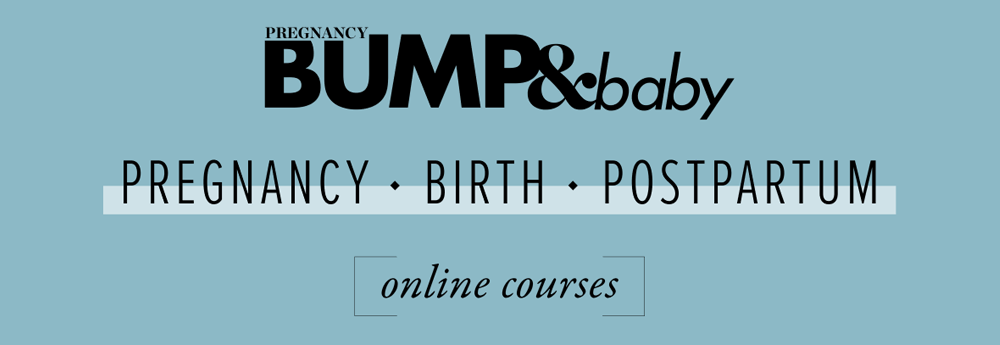
It’s two weeks after the birth of your healthy bub and you notice your gut isn’t feeling quite right. Maybe you feel a bit bloated. Maybe you’re farting more than usual. What’s going on?
Pregnancy changes the structure and function of virtually every organ system, including some big changes to the gut. These changes can explain some common tummy symptoms.
And no, you’re not imagining it. Some gut symptoms, such as constipation and gassiness, can hang around after you’ve given birth.
why am i still constipated?
A study from Finland on more than 400 women found constipation affected 47% of women in the first few days after a vaginal birth and 57% of women in the first few days after a Caesarean.
The researchers suggested this may be caused by too much physical inactivity and insufficient intake of fluids after birth, or the effects of anaesthetic and disturbance to the intestines during surgery.
One month after childbirth, constipation became less common. Some 9% of women were constipated after a vaginal birth and 15% after a Caesarean.
Feeling gassy?
The Finnish study also found excess farting is extremely common a few days after birth. It affected 81% of women but this number dropped to 30% one month after birth.
Bloating is another common symptom found a few days after birth affecting 59% of women, and this decreases to 14% of women one month afterwards.
So why is this happening? We can look to your gut microbiome for clues. This is the unique universe of micro-organisms (bugs), and their genes, that live in your gut.
During and after pregnancy, there are profound changes to the gut microbiome. These may cause an increase in gas production or lead to constipation. So the good news from the Finnish study is that normal bowel function is restored quickly after childbirth for most women, but might be a touch longer for women after a Caesarean.
I have incontinence. Is that because of how i gave birth?
There has been a lot of debate about whether urinary or faecal incontinence is more likely after a vaginal or a caesarean birth. However, the strongest evidence we have suggests the mode of birth makes no difference. If you’ve had incontinence during pregnancy this is the strongest predictor of having it afterwards.
Urinary incontinence that doesn’t improve within three months of giving birth is more likely to persist. So if you’ve experienced this during pregnancy, you might like to see a pelvic floor physio.
Fortunately, faecal incontinence after pregnancy is very uncommon, affecting only around 3% of women. However if this persists, please seek medical attention.
Edited from an article written by Vincent Ho, Senior Lecturer and clinical academic gastroenterologist at Western Sydney University; and Kate Levett, Research Fellow University of Notre Dame Australia.
BUMP&baby
BUMP & baby is New Zealand’s only magazine for pregnancy and early babyhood. Our team of mums and mums-to-be understand what it’s like to be pregnant in this connected age, and that’s why BUMP & Baby online is geared toward what pregnant women and new mums really want to know.
Other articles of interest
Hop into a Hyundai Hybrid… you can thank us later
There’s no two ways around it, children may be tiny people, but they take up quite a…
Fill me in
Megan Hutchison from Forget Me Not Journals, shares tips on how to stay motivated to complete your…







